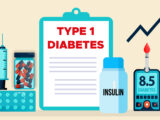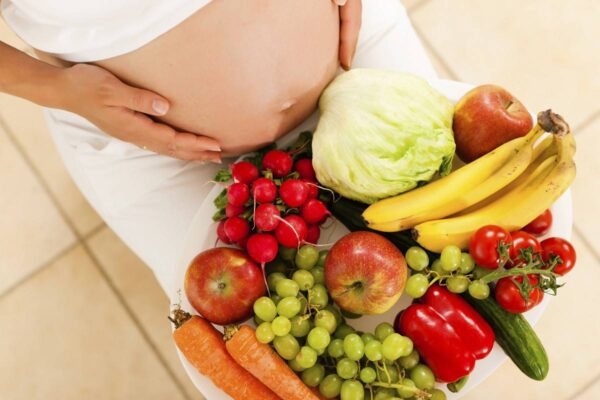
What Causes Fatigue during IVF?
April 30, 2021Fatigue is a common aftercare symptom for many couples undergoing IVF treatments. Fatigue can occur for a number of reasons, including emotional stress and tiredness following surgery or just from the normal wear and tear of everyday life. While it can be difficult to pinpoint why you feel so exhausted, it’s important to remember that nearly everyone experiences fatigue from time to time. Couples who are newly back at work may find that their fatigue lasts a few days after returning to their usual routines, or it may continue for a few weeks. It’s important to talk to your fertility doctor to find out the cause of your fatigue and what she can do to help you.
One of the main causes of fatigue is decreased progesterone levels following a positive ultrasound for pregnancy. This is usually caused by decreased implantation fluid volume, which causes your body to hold onto a small amount of progesterone to make up for the significantly lower levels of estrogen. Fatigue can also be caused by low hormone levels after embryo transfer, as these levels often drop dramatically following the embryo transfer process. If you are unsure whether or not you are experiencing low progesterone levels due to a prior medical procedure, you should contact your doctor or clinic. He or she may be able to use tests to determine if this is in fact the case and if so, can prescribe additional hormone supplements to increase your estrogen and progesterone levels.
Fatigue is actually one of the first signs that estrogen and progesterone have been depleted in your body, which makes it an important symptom to look for during your post-IVF evaluation. If you experience exhaustion on a regular basis, it’s likely that you will have low hormone levels and will therefore be more susceptible to infections and other complications after surgery. In addition, fatigue can be caused by fatigue associated with other physical symptoms following surgery (such as lack of appetite, muscle pain, etc. ).










